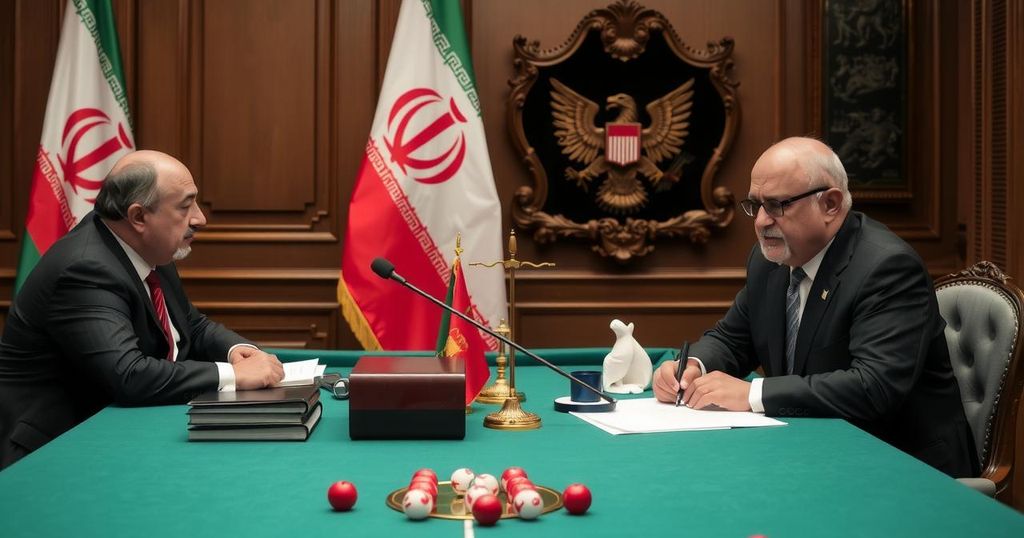Italy’s Justice Minister Requests Revocation of Arrest for Iranian National

Italy’s Justice Minister is seeking to revoke the arrest of Iranian national Mohammad Abedini, wanted by the U.S. for a drone attack that killed three Americans. Abedini’s scheduled court appearance will address his request for house arrest amid extradition proceedings. The Justice Ministry argues that the alleged crime isn’t recognized under Italian law, complicating the extradition process.
Italy’s Justice Minister has formally requested that an appeals court annul the arrest of Iranian national Mohammad Abedini, who is wanted by the United States in connection with a drone attack in Jordan that resulted in the deaths of three American servicemen. Mr. Abedini is scheduled for a court appearance in Milan to consider his application for house arrest as he navigates the extradition process. He was apprehended on a U.S. warrant on December 16, just prior to the detention of Italian journalist Cecilia Sala in Iran, who has since returned to Italy, leading to speculation regarding Mr. Abedini’s future.
The Justice Ministry, in an official statement, indicated that according to Italy’s extradition treaties with the United States, extraditable offenses must be recognized as crimes by both jurisdictions. Citing existing documentation, the Ministry asserted that the charge against Mr. Abedini for violating the International Emergency Economic Powers Act does not correspond to any Italian criminal law. The U.S. Justice Department alleges that Mr. Abedini was involved in providing drone technology to Iran, which was subsequently used in the attack on the U.S. outpost.
Italian Premier Giorgia Meloni has stated that diplomatic negotiations with Iran and the United States played a crucial role in securing Ms. Sala’s release. Notably, she disclosed that American interests were integral to the discussions surrounding the journalist’s situation, which further complicated the case involving Mr. Abedini. Her unexpected visit to Florida to meet with President-elect Donald Trump at his Mar-a-Lago estate was a pivotal moment in these negotiations.
The arrest of Mohammad Abedini under a U.S. warrant is rooted in charges related to a drone attack in Jordan, fundamentally complicating international relations and legal proceedings. The issues of extradition, particularly under the Italy-U.S. treaty, highlight the requirements for crimes to be recognized in both jurisdictions before extradition can proceed. The circumstances surrounding the detention of Italian journalist Cecilia Sala have added layers of complexity and potentially influenced the decisions of Italian officials regarding the arrest.
In conclusion, the Italian Justice Minister’s request to revoke the arrest of Mohammad Abedini signals a significant move in the complex interplay of international law and diplomatic negotiations. The determination that the charges against Mr. Abedini do not correspond with Italian law raises questions about extradition effectiveness. As developments unfold regarding both Mr. Abedini’s case and the implications for Italian-U.S. relations, the case continues to attract attention from both arenas.
Original Source: apnews.com








